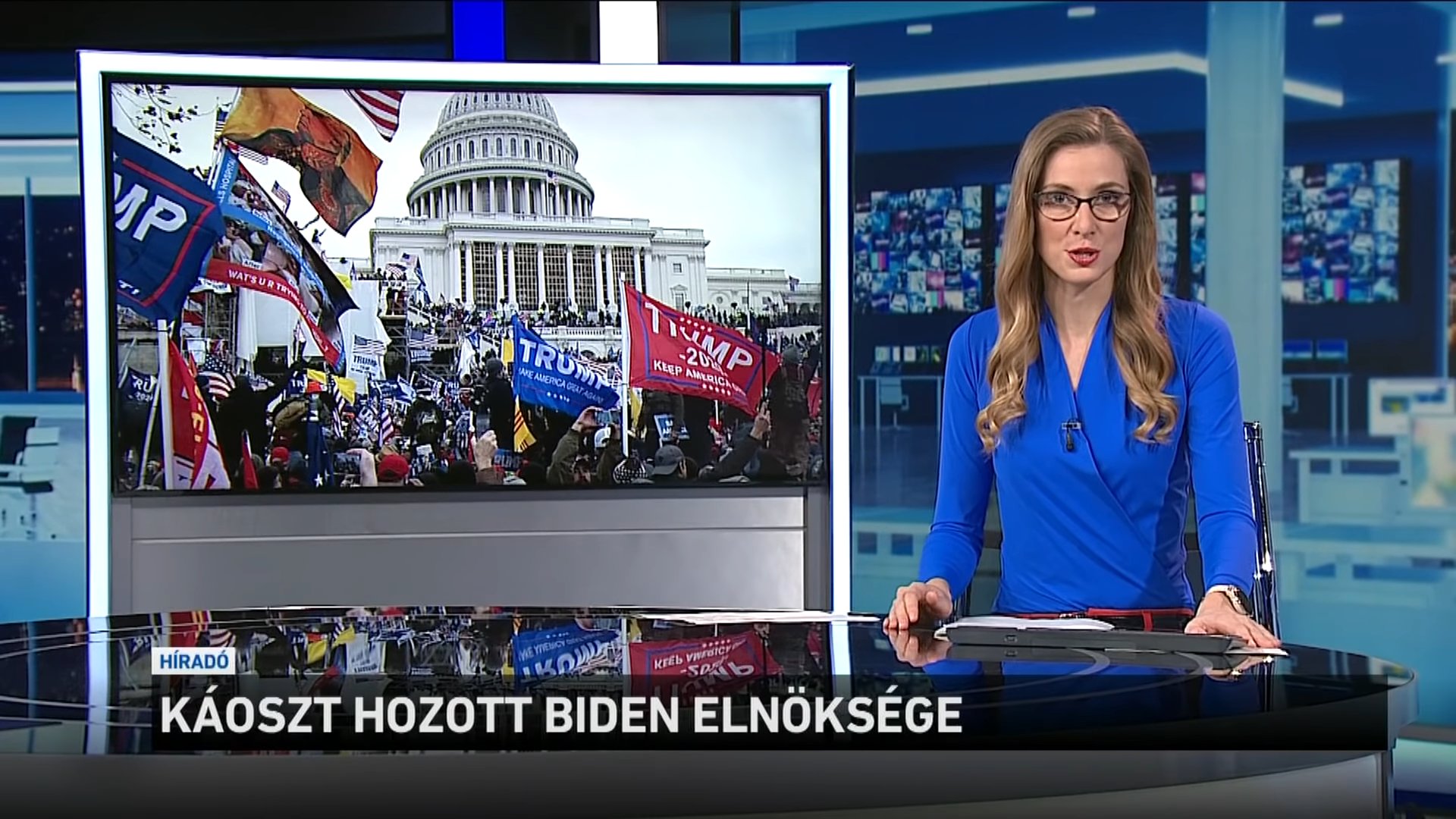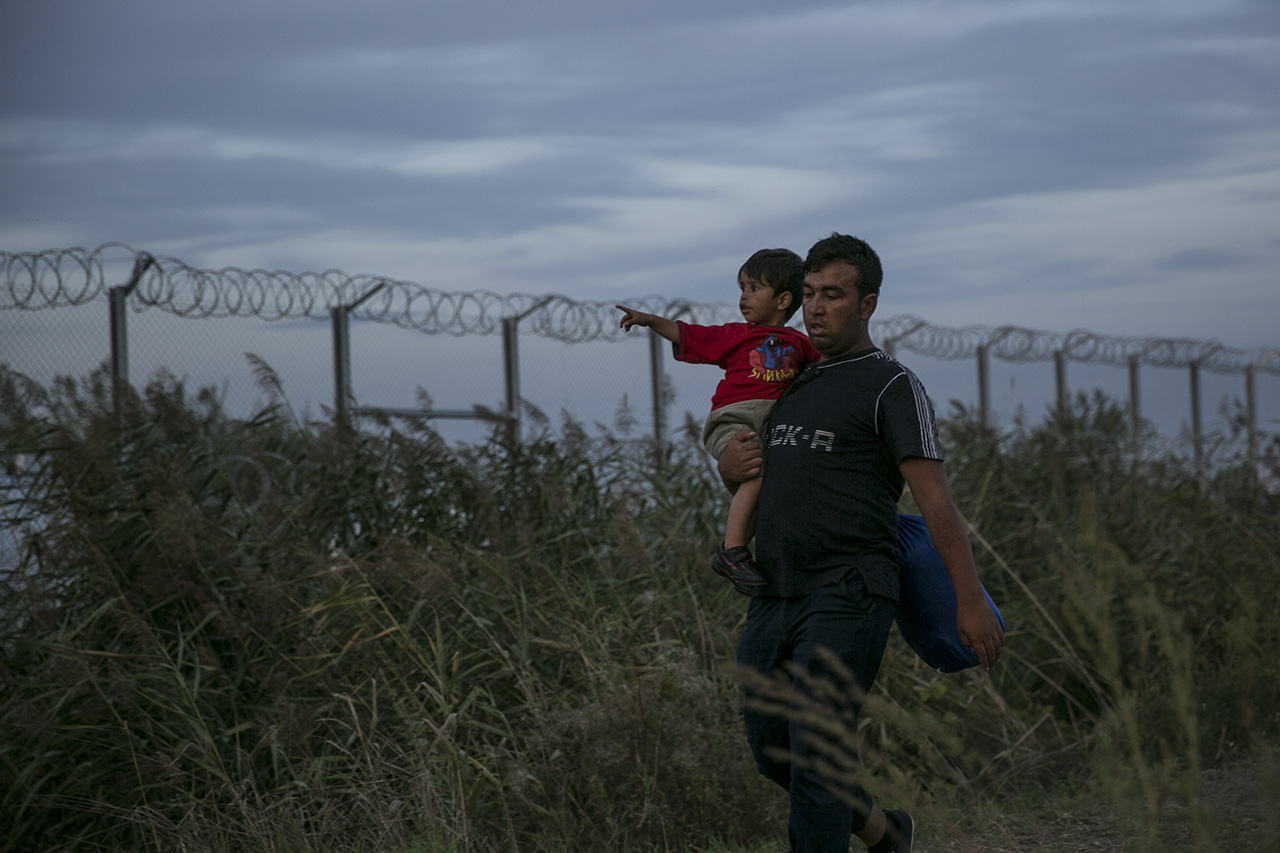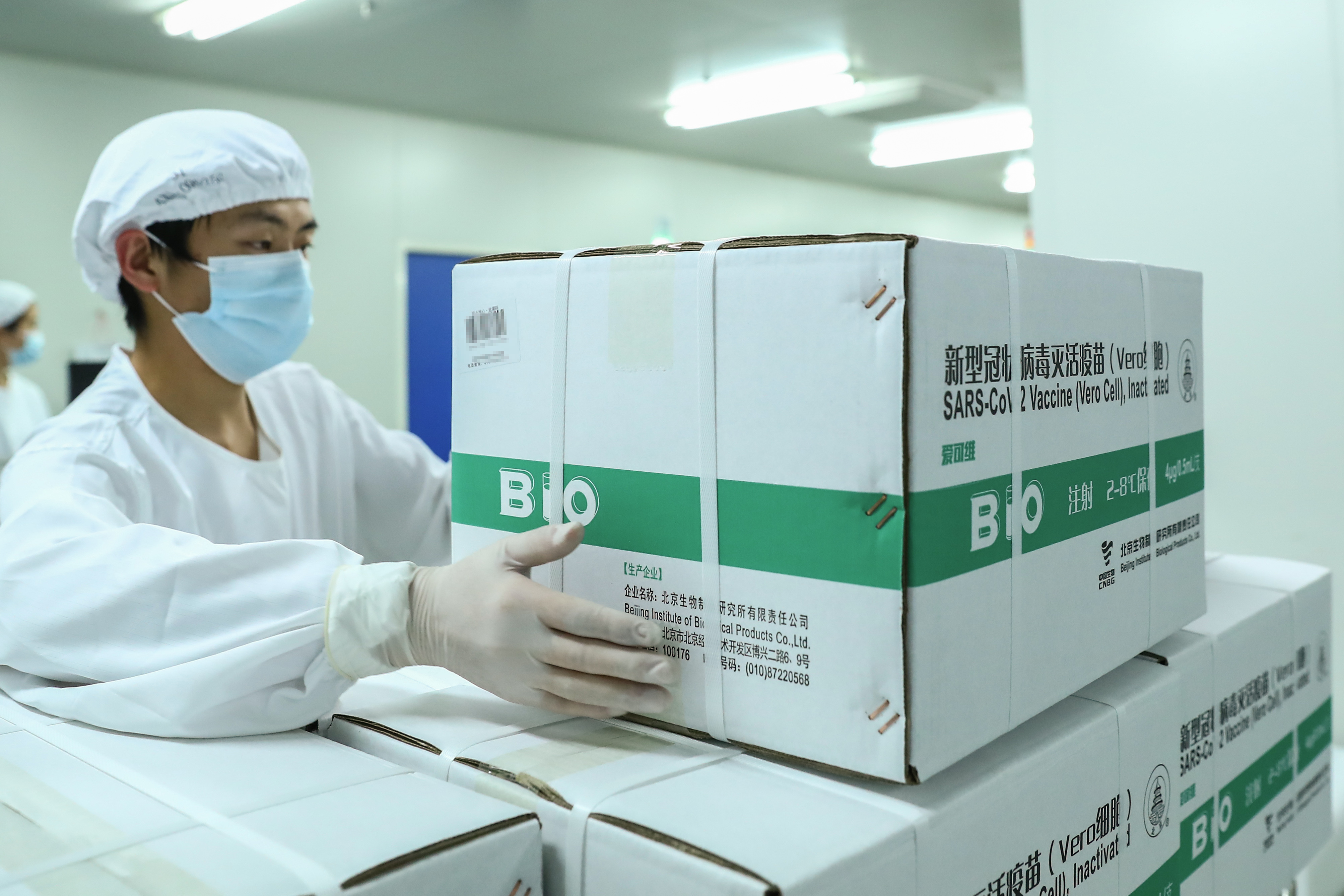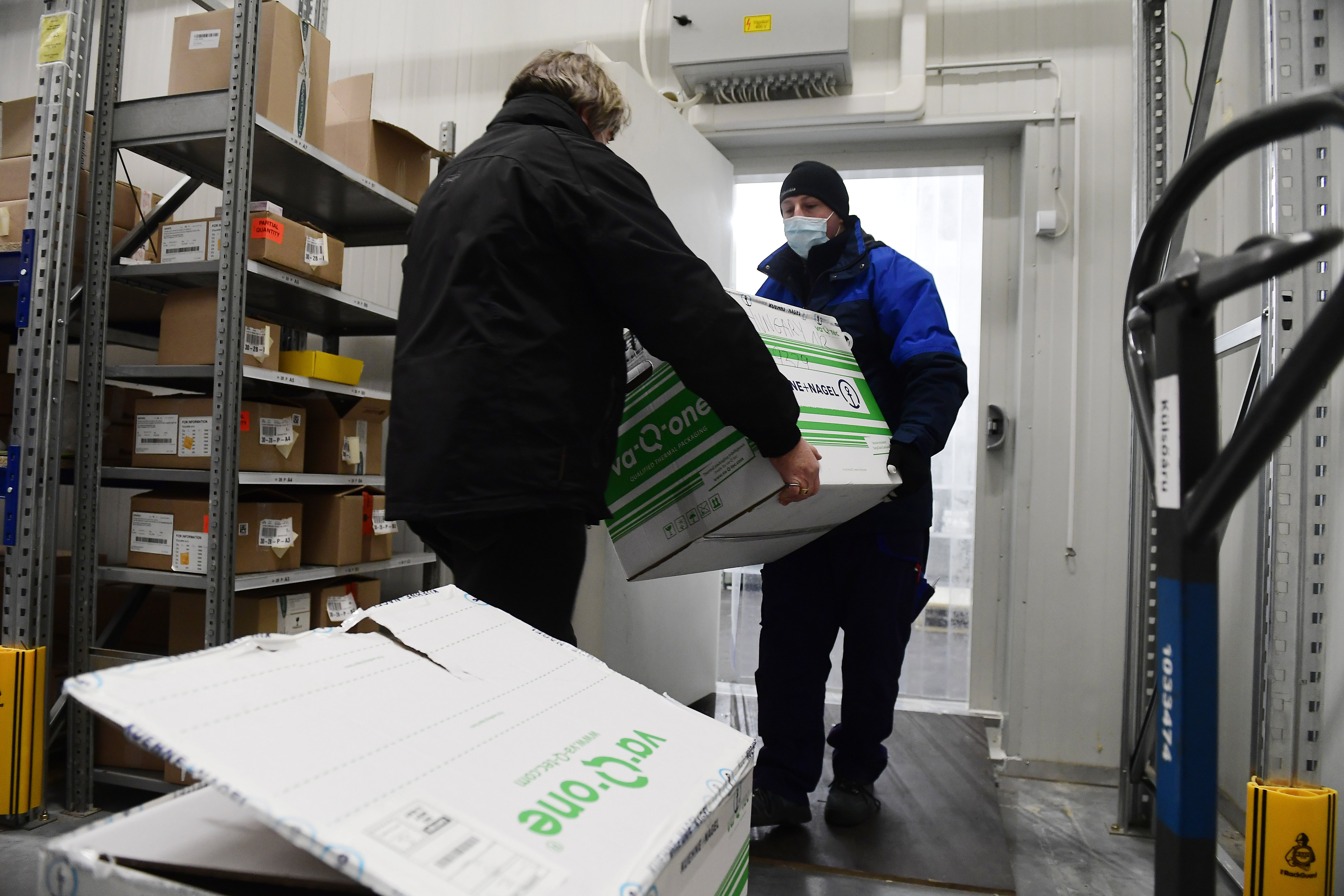Hungary's pro-government media spins alternative reality in reactions to storming of US Capitol
- Stay updated on the latest news from Hungary by signing up for the free InsightHungary newsletter:
Hungary's pro-government and state media reacted to last week's storming of the United States Capitol by far-right supporters of U.S. president Donald Trump by spinning conspiracy theories and shifting blame to alleged antifascist provocateurs and Black Lives Matter activists.
A January 7 video report by state-funded public television station M1 concluded that "Joe Biden's presidency brings chaos," despite the fact that the Democratic winner of the presidential election will not be inaugurated until January 20.
Pro-government website Origo, also seemingly unaware that Biden has not yet been inaugurated, claimed that "Joe Biden's presidency brings total chaos," and falsely asserted that "Donald Trump continually asked the protesters to be non-violent and for the demonstration to be peaceful."
Origo repeated baseless and disproven claims by Trump and other Republicans that the November election was fraudulent, and appeared to justify attacks on media workers and their equipment by pro-Trump rioters by claiming that "the mainstream media did not report on steady evidence that fraud may have been committed...to favor the Democrats."
Extreme-right tabloid site Pesti Srácok mimicked conspiracy theories originating in far-right circles in the United States, declaring that "more and more proof is appearing on social media that antifa/BLM provocateurs provoked and led the crowd" during the assault. (The FBI announced two days after the riots that there is "no indication" that antifascists disguised themselves as Trump supporters to storm the Capitol.)
László Földi, a "security policy expert" that often appears in pro-government media, told state radio that the assault on the Capitol was "an organized provocation" meant to discredit Donald Trump" by associating his presidency with violence. Földi also asserted that rioters could not have succeeded in entering the Capitol without "internal assistance."
Prime Minister Viktor Orbán first reacted to the events in a weekly interview with state-run Kossuth Rádió on Friday, but did not mention Trump by name.
"We don’t like being judged, and in consequence we don’t judge other countries; and neither will we interfere in what’s happening in America now," Orbán said. "That is for Americans to deal with. We’re rooting for them, and we sincerely hope that they’re successful in solving their own problems."
Orbán appeared to lay responsibility for the Capitol riot on "the left," and equated the events with an anti-government protest in Hungary in December 2019.
"We’re immediately reminded of how the Left tried its hand at violence in Hungary, too. I remember the siege of the Parliament building here. I remember how the police had to defend the Hungarian Parliament building from a violent left-wing mob, which included opposition politicians," he said.
Orbán was referencing András Fekete-Győr, the president of opposition party Momentum, against whom a court proceeding is ongoing. Fekete-Győr is charged with "violence against an official" for throwing a smoke bomb between lines of police at a December 2019 protest in front of the Hungarian Parliament. Prosecutors have recommended one and a half years in prison suspended for three years for the centrist politician.
The newspaper Magyar Nemzet published a piece titled, "Two years ago, András Fekete-Győr also wanted to break into the Parliament," equating Fekete-Győr and the Hungarian opposition with the far-right rioters at the US Capitol.
State news agency photographers report political pressure and censorship
Photographs published by Hungarian state news agency MTI are carefully curated and censored according to political criteria, according to a report by the Hungarian-language branch of Radio Free Europe/Radio Liberty.
The report by Szabad Európa draws on interviews with several anonymous photographers at MTI that detail increasing pressure on photographers to present a picture of reality that comports with the ruling party's desired narrative.
One photographer reported that MTI's lead photo editor was removed from his post last March after a photograph was published depicting a pair of discarded rubber gloves on the floor of Szent László Hospital in Budapest. The photograph was deleted, the site reports, because it did not depict a suitable picture of defense against the coronavirus pandemic.
Other photographers said a turning point came at MTI during the 2015 refugee crisis, when they were instructed not to take photographs of female refugees or children "because they wouldn't be published anyway."
"It was a clear instruction that we should only photograph vigorous men," one photographer said.
Use of the word "refugee" was also prohibited in text accompanying the photos. Terms like "illegal immigrant," "migrant" and "border violator" were used instead.
Political bias was also apparent in MTI's photographic reporting during election campaigns. In last year's by-election in Tiszaújváros, in which a victory for the opposition candidate László Biró would have resulted in Fidesz losing its two-thirds majority in Parliament, MTI published 40 photographs of Fidesz candidate Zsófia Koncz at meet-and-greet events, charitable events and dedications, while not a single photograph was published of the opposition candidate. Koncz ultimately won the election.
Opposition politicians and government-critical demonstrations are also avoided by MTI photographers, and photo descriptions of such people and events are frequently distorted or lack information and context.
Photographs of Prime Minister Viktor Orbán have also been limited in recent years, photographers said. In many cases, MTI publishes photos taken by the Prime Minister's Office and does not include the names of other people in the photos, diminishing their historical and archival value.
"From the beginning at MTI, it was important to archive everyday life so that a picture of the conditions of a given time period would be preserved for posterity," an MTI photographer told Szabad Európa. "MTI created value, the archive is a national treasure and important source since the 1950s."
The photographer said the news agency no longer performs this function, and social themes have been essentially removed from the photographic record.
"Now there's only handshakes and propaganda," the photographer said.
Chinese vaccine likely to arrive soon in Hungary - Gulyás
Shipments of a Chinese coronavirus vaccine are likely to arrive soon in Hungary, the prime minister's chief of staff Gergely Gulyás said at an online government press conference Thursday.
The government has concluded an agreement with the Chinese state-owned pharmaceutical company Sinopharm, which produces the first vaccine approved for use in China. Preliminary data shows that the vaccine is 79.34 percent effective, significantly lower than the 95 percent reported by the Pfizer-BioNTech and Moderna vaccines currently being distributed in Hungary.
The Sinopharm vaccine, approved in China in late December, must be approved by the National Pharmacology and Food Health Institute before deliveries commence, Gulyás said, adding that up to 1 million doses of the vaccine could soon arrive.
The United Arab Emirates approved the Chinese vaccine in December and has already received 3 million doses, according to a subsidiary of Sinopharm. Bahrain and Pakistan have also approved the vaccine.
More transmissible coronavirus variant appears in Hungary as vaccinations rollout
The first three cases of a new and more easily transmissible coronavirus variant that originated in Great Britain have been detected in Hungary, chief medical officer Cecilia Müller announced on Wednesday.
"It was clear that Hungary would be unable to avoid this variant," Muller told an online press briefing, and warned that the mutated virus was up to 60 percent more transmissible than the original strain of the coronavirus.
The announcement came eight days after Hungary lifted a ban on passenger flights arriving from the United Kingdom, which the government had imposed two weeks prior in an effort to keep the new variant from spreading.
At an online government press conference Thursday, the prime minister's chief of staff Gergely Gulyás said 96,100 people had received vaccinations in Hungary so far, approaching 1 percent of the population. This places Hungary among the most-vaccinated countries in Europe per capita.
As we reported last week, confusion over vaccination protocols and vaccine skepticism among some healthcare workers appeared to lead to an initial slow rollout. However, the pace of inoculations picked up throughout the week, and officials have blamed the European Union for the low number of vaccine doses being delivered.
A 444 report this week showed that some Hungarians have been able to receive vaccinations even though they do not have an appointment or qualify as members of a priority group (healthcare workers, or workers and residents of elderly care homes). Some readers reported receiving vaccines without having to identify themselves or provide proof that they were eligible.
However, given that the shelf-life of defrosted Pfizer-BioNTech vaccines is only five days, it is possible that - in an effort to avoid letting them spoil - doses intended for recipients that then miss their appointments are being administered to unscheduled recipients that show up at vaccination points.
On Friday, Prime Minister Orbán announced that restrictive pandemic measures, including the overnight curfew, would be extended until at least February 1.
"We should have a successful system of restrictions, and until we have enough vaccines, we should maintain these frameworks and settle into a life in which we can live within them," Orbán said on Kossuth Rádió.
On Sunday, minister of human resources Miklós Kásler said that restrictions would remain in place "until the population has been vaccinated to a sufficient extent," which he described as 50 percent or above.
As of Thursday, 11,066 people had died in Hungary of coronavirus-related illnesses. The seven-day rolling average of deaths was at its lowest since November 25. The number of coronavirus patients being treated in hospitals was 4,689, the lowest number since November 2.





